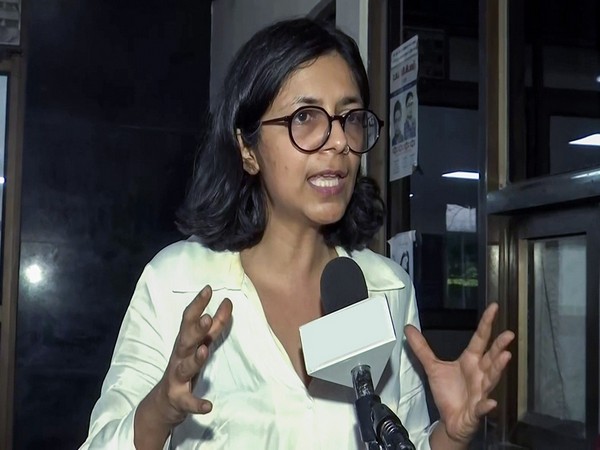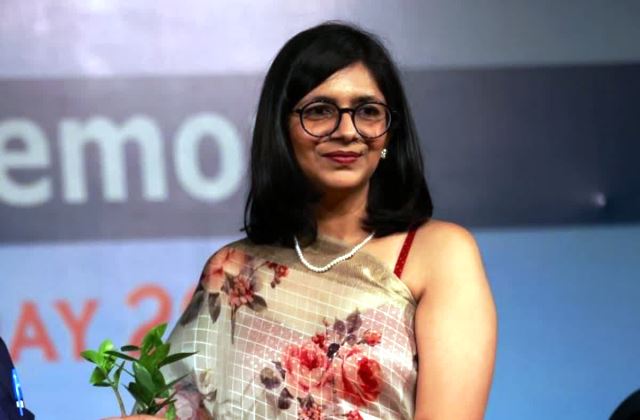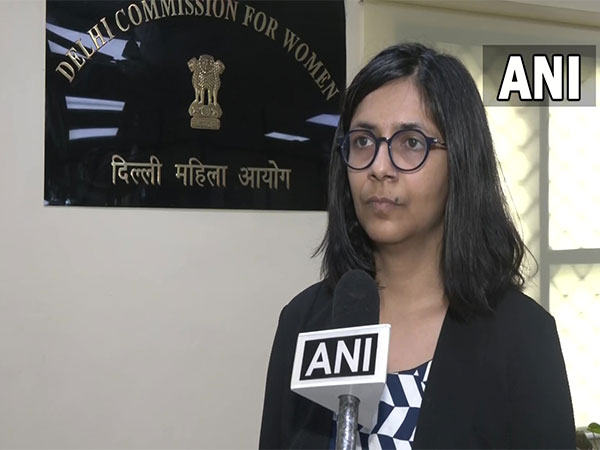In November 2005, Mohini, 23, looked forward to join work with a private firm and contribute to her family income. However, a bitter man who couldn’t take no to his proposal, poured a jugful of acid on her dreams, literally. After chemical burns treatment, Mohini battled mental trauma and stigma. But, she decided to face the world as a survivor, not victim. Her story
It was an early
morning in November, 2005. The haze of Diwali had not subsided. The air was
still pregnant with the smell of burnt crackers. Accompanied by my father, I hailed
an auto-rickshaw to reach Delhi Inter State Bus Terminus. I was scheduled to
board a bus to Jaipur and join work the next day. As we drove out, I saw my neighbour
standing at the end of the lane. I tried not to look at him.
This man and I had a
history of sorts. Not long ago, he had promised to get me a job and had taken
away my original certificates. But it was just a ploy for him to get close to
me. He refused to return my certificates, until I accept his marriage proposal.
He professed his ‘undying love’ several times and wouldn’t take ‘no’ for an
answer. Harassed and beleaguered, I filed a police complaint against him to
retrieve my document.
On that morning, I
chose to look the other way as our auto neared him. The next minute, I could only
see fumes around me. Those fumes were emanating from my body. I felt something
burning and melting away; it was my skin!
I screamed in pain. I
couldn’t move, I lay there writhing in agony. A huge crowd gathered by then. A
woman came running with a bed-sheet to cover me, my clothes had burnt off. We
were rushed to the hospital. I was to find out later that my stalker had
splashed a jug-full of acid on our auto-rickshaw and fled the spot. My father and the auto-driver suffered burns as
well.
Chemical burns
treatment is lengthy and expensive. Though I was getting treated at Lok Narayan
Jai Prakash Hospital, a government facility, I had to purchase most of the
costly ointments and medicines from private shops.My father too could not join work for six
months due to his injuries.Our resources dried up.We had
to borrow money from friends and relatives.
Even after I was
discharged from the hospital, the mental trauma remained. I avoided people,
even those who came to enquire about my health. For about four months, I dared
not go near a mirror. I was too scared to look at myself in the mirror. One
day, I mustered courage to look at my new face. The horror of seeing my disfigured
face for the first time is something I will never recover from. A stranger with
a burnt face stared back at me in the mirror.
I would be lying if I
said that I never thought of ending my life. I had no one but my parents to
support me.Friends faded away, relatives moved on. Worse, many of
the people passed judgements like if I had married the man, I would not have
ended up in this state. All my fault.
For two years, I went
into a self-imposed exile. I refused to interact with anyone. Then one day, my
mother posed me a question: ‘Who will take care of you after we are gone?’ That
question brought me out of my denial. It was time I took control of my life and
faced my fears.
The next day, I
stepped out and went to the local market. I had prepared myself to accept all
possible reactions – pity, fright, cringing, stares and looking away. I was
ready to face the world. Next, I began applying for jobs and in 2009, landed
myself a job as a tele-caller with a telecom company. Initially, I would get
nervous at work, even dial wrong numbers. It was through one such wrong numbers
that I met Gaurav, who would be my husband.
For a long time that
we spoke to each other I did not tell him about my condition and the incident
that had led to it. After our friendship reached a certain level of trust, I
told him about myself. Our bond grew stronger. Then one day, he proposed
marriage.
We got married in
2014, nine years after the horrible incident. My husband changed the perception
I was holding towards men. He gave me space to grow and made me regain my
confidence.
After marriage I left
my job as a tele-caller. Meanwhile, I had applied for compensation at the legal
aid department in Delhi Commission for Women. However, my application was
rejected on the grounds that the Supreme
Court had allowed compensation for acid attack survivor cases post-2011 only.
I went to DCW
chairperson as a complainant and I came back home with a new hope. The commission
had opened employment opportunities for the acid attack survivors. I applied
for one of the openings. DCW chief Swati Maliwal played a huge role in boosting
my morale. After a series of interviews, I bagged the job at the help
desk.
I love my job. I am the first point of contact for distressed
women in DCW. I can connect with the complainants and they too confide in me.
Their reaction and praises give me a sense of purpose in life. I also have
another purpose in my life, raising my two-year-old son as a man who respects
women.



